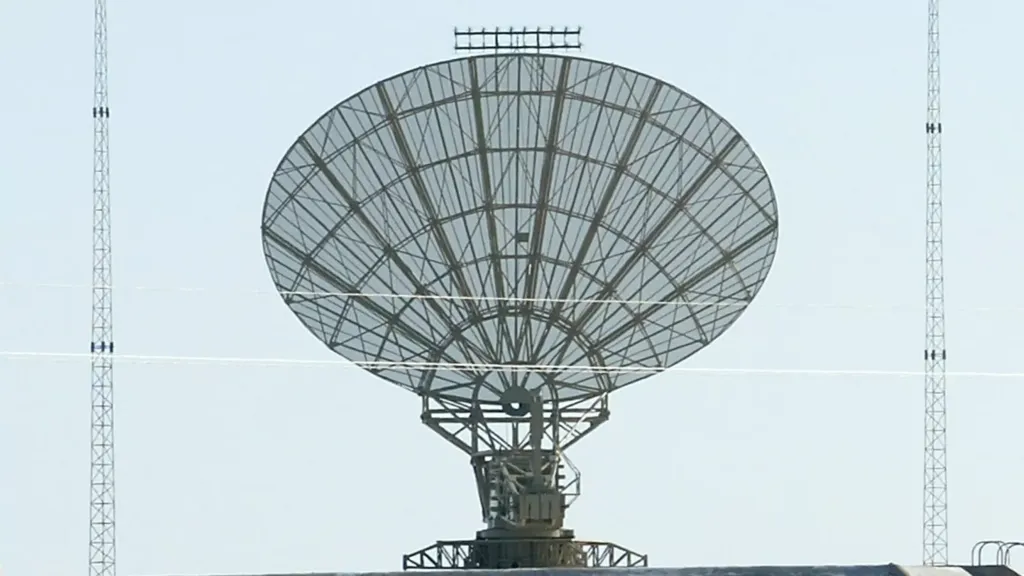Researchers in China say they have developed a radar system that allows broadcasters to remain radio silent.
The technology could allow high speed military communication without being intercepted, jammed or targeted by missiles, according to the team from the Aerospace Information Research Institute in China.
One expert told the South China Morning Post (SCMP) which reported the findings, that the system was like "telepathy" which could change how wars are fought.
Jack Burnham, an analyst on the China Program at the Foundation for Defense of Democracies (FDD), a Washington, D.C, think tank told Newsweek that while the technology is so far confined to laboratory experiments, Beijing's technological developments "are far from theoretical."
Newsweek has contacted the Aerospace Information Research Institute for comment.
This system is still in the experimental phase, but if field-tested successfully, it could change how militaries communicate and redefine electronic warfare.
This could make traditional interception methods obsolete and add to China's military prowess at a time when its cooperation with Russia and actions in the South China Sea are under scrutiny.
The research was published in the peer-reviewed Journal of Radars and outlined a possible solution to the age-old problem of military communication broadcasting the location of users to their adversaries.
The team led by Liu Kaiyu, a senior engineer with the Aerospace Information Research Institute, under the Chinese Academy of Sciences, said it had developed a way to send data without emitting active signals.
This was done via a "smart surface" of tiles, which when illuminated by synthetic aperture radar (SAR) imaging satellites, like China's Gaofen-3 or Ludi Tance 1, manipulate reflected signals to encode messages.
The tiles can switch between "on" and "off" encoding messages directly into the satellite's radar echoes without releasing any extra detectable energy into the environment. This means the signal blends into the natural electromagnetic background.
But the development could allow combat platforms in war-torn cities or on stormy seas to relay data without detection at 127 kilobits per second (kbps), which matches the bandwidth of NATO's Link 16 tactical data center, the SCMP reported.
An unnamed Beijing-based communications researcher told the SCMP that the technology was "like telepathy" and could reshape future battlefields.
Meanwhile, Burnham, from the FDD, told Newsweek that China's efforts to develop next-generation battlefield communications technology has often been paired with its efforts to maintain a mature military space program, linking its growing constellation of satellites.
"For China, mastering the final frontier is a first priority in becoming a more capable military," he added.
Liu Kaiyu, engineer at the Aerospace Information Research Institute, said the technology "ensures communication concealment and security while significantly reducing detection risks."
One Beijing-based communications researcher told the South China Morning Post: "This indeed seems like telepathy (which) could fundamentally reshape future battlefields."
X user Defense Intelligence: "China's 'Telepathy' Radar: A Step Toward Invisible Warfare?"
Jack Burnham, an analyst on the China Program at the Foundation for Defense of Democracies (FDD): "While China's radio 'telepathy' radar technology remains confined to laboratory experiments rather than front-line forces, Beijing's efforts to become a more technically savvy force are far from theoretical."
The radar system is in its experimental phase and the report did not outline when it would be available for real-world testing.
